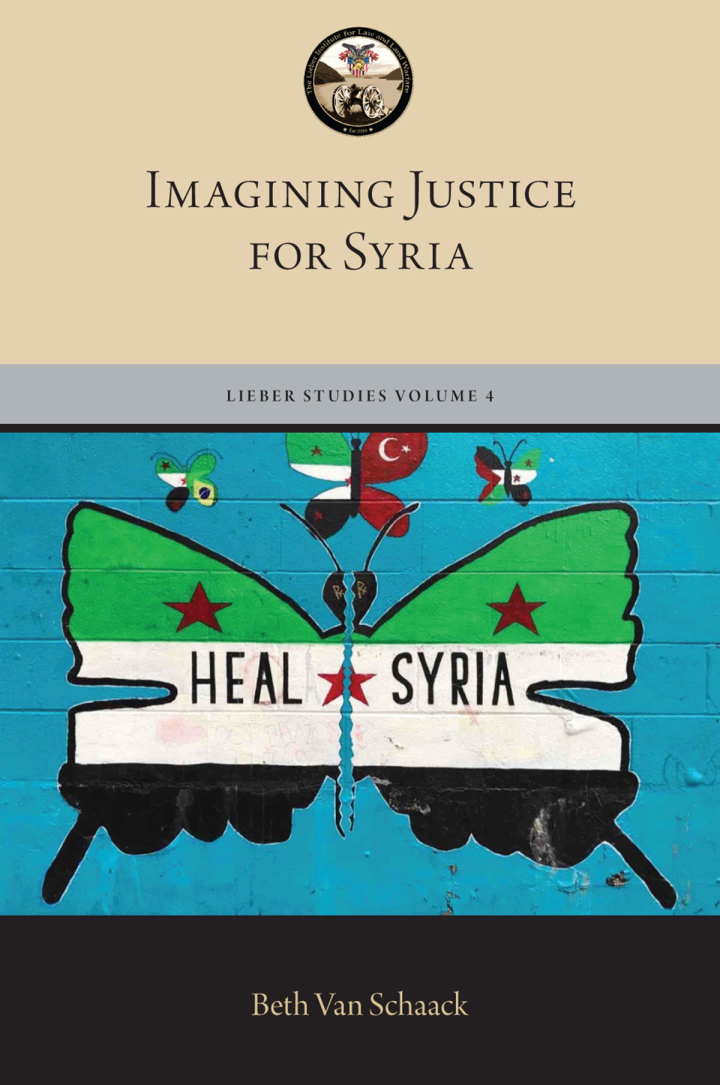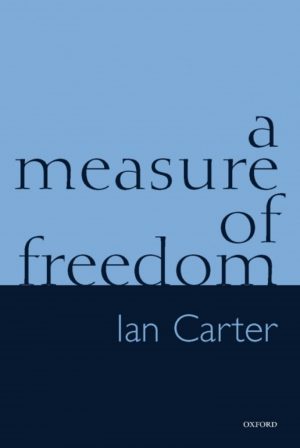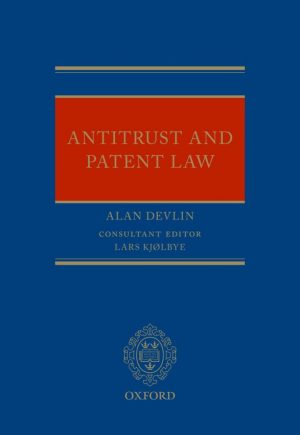Imagining Justice for Syria
$39.00
Attention: This is just ebook, Access Codes or any other Supplements excluded! / File Delivery: Sent Via Email within 24 hours!
SKU: 6231e20e5863
Category: Law Textbooks
Description
-
Author(s)Beth Van Schaack
-
PublisherOxford University Press
-
FormatPDF
-
Print ISBN
9780190055967, 0190055960 -
eText ISBN
9780190055967, 0190055960 -
Edition
-
Copyright
- Details
This book situates the war in Syria within the actual and imagined system of international criminal justice. It explores the legal impediments and diplomatic challenges that have led to the fatal trinity affecting Syria: the massive commission of international crimes that are subject to detailed investigations and documentation but whose perpetrators have enjoyed virtually complete impunity. Given this tragic state of affairs, the book tracks a number of accountability solutions being explored within multilateral initiatives and by civil society actors, including innovations of institutional design; the renewed utility of a range of domestic jurisdictional principles (including the revival of universal jurisdiction in Europe); the emergence of creative investigative and documentation techniques, technologies, and organizations; and the rejection of state consent as a precondition for the exercise of jurisdiction.Engaging both law and policy around international justice, the text offers a set of justice blueprints, within and without the International Criminal Court. It also considers the utility, propriety, and practicality of pursuing a transitional justice program without a genuine political transition. All told, the book attempts to capture results of the creative energy radiating from members of the international community intent on advancing the accountability norm in Syria even in the face of geopolitical blockages within the U.N. Security Council. In so doing, it presents the range of juridical measures-both criminal and civil – that would be available to the international community to respond to the crisis, if only the political will existed.





